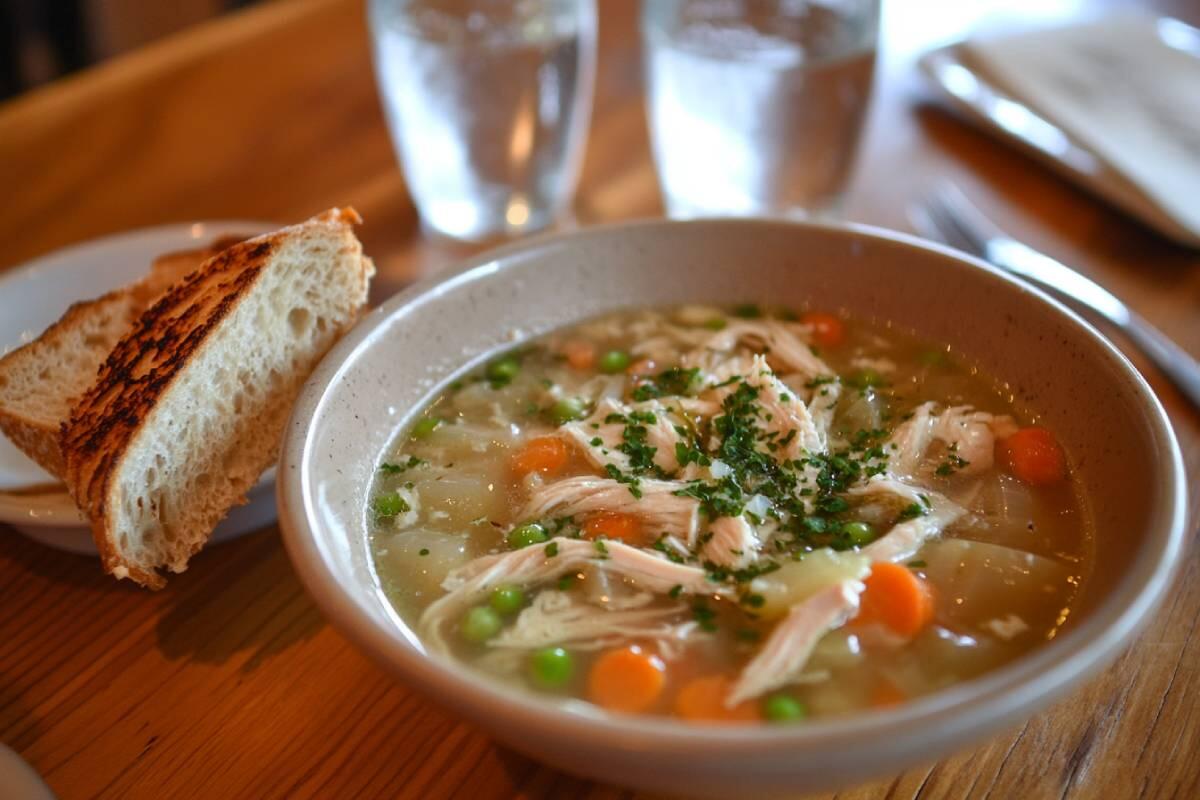Foods to Eat During a Viral Illness: What to Eat to Relieve Symptoms
Viral illnesses can disrupt daily life with symptoms like nausea, diarrhea, and fatigue. A well-planned diet plays a crucial role in speeding up recovery and reducing the severity of symptoms. Understanding which foods to eat during a viral illness can help provide comfort and aid healing.
At Clinic Consultation, we prioritize holistic care and emphasize the importance of proper nutrition for overcoming viral infections. This article will guide you on what foods to include and avoid when dealing with a viral illness.
Why Nutrition is Essential During a Viral Illness
Replenishing Lost Nutrients
Viral infections often lead to dehydration and nutrient depletion due to symptoms like vomiting and diarrhea. Consuming nutrient-rich foods helps replenish essential electrolytes and boosts immunity.
Foods like clear broths, bananas, and rice can help balance your electrolyte levels. At Clinic Consultation, we provide tailored dietary advice to suit your health needs during recovery.
Easing Digestion
The digestive system is particularly sensitive during viral illnesses. Opting for easily digestible foods, such as toast, applesauce, and boiled potatoes, can prevent further irritation while maintaining energy levels.
Best Foods to Eat During a Viral Illness
1. Hydrating Foods and Drinks
Hydration is critical when combating a virus. Drinking plenty of water, herbal teas, and electrolyte solutions is essential. Foods high in water content, like cucumbers and watermelon, can also help keep you hydrated.
At Clinic Consultation, we often recommend incorporating coconut water and clear soups, which provide both hydration and essential minerals.
2. Bland and Nutritious Foods
Stick to the BRAT diet—bananas, rice, applesauce, and toast. These foods are gentle on the stomach and provide the necessary nutrients to support recovery without overwhelming the digestive system.
Adding lean protein like chicken breast or eggs can further aid recovery by repairing tissues and strengthening the immune system.
Foods to Avoid During a Viral Illness
1. Fatty and Greasy Foods
High-fat foods, such as fried items and creamy sauces, can irritate the stomach and prolong recovery. These foods are harder to digest and may worsen symptoms like nausea and diarrhea.
Avoiding these options is essential, and at Clinic Consultation, we offer dietary plans to guide you toward healthier alternatives.
2. Sugary and Spicy Foods
Sugary drinks and spicy dishes can exacerbate symptoms, causing further digestive discomfort and inflammation. It's best to steer clear of processed sweets, sodas, and heavily spiced meals during your illness.
How Nutrition Supports Recovery
Boosting Immunity
Foods rich in vitamin C, such as oranges, kiwis, and bell peppers, support immune function. Including these in your meals can help your body fight off the infection faster.
At Clinic Consultation, our nutritionists can recommend specific foods to include based on your symptoms and overall health.
Promoting Digestive Health
Probiotic-rich foods like yogurt can help restore gut health after a viral illness. These foods can reintroduce beneficial bacteria and improve digestion, especially after antibiotic use.
When to Seek Medical Help
If symptoms persist for more than three days or worsen significantly, it's crucial to seek professional medical advice. Signs of severe dehydration, such as dizziness, dry mouth, or decreased urine output, require immediate attention.
At Clinic Consultation, we are equipped to handle a wide range of health concerns, ensuring you receive the care you need to recover effectively.
Conclusion
Proper nutrition is an essential aspect of recovering from a viral illness. Prioritize easily digestible, hydrating, and nutrient-rich foods while avoiding irritants like fatty and sugary items. Maintaining hydration and following a simple, balanced diet can significantly improve your recovery process.
For personalized advice and support, schedule an appointment with Clinic Consultation today. Our team is dedicated to helping you regain your health and vitality.
